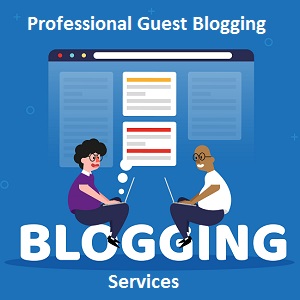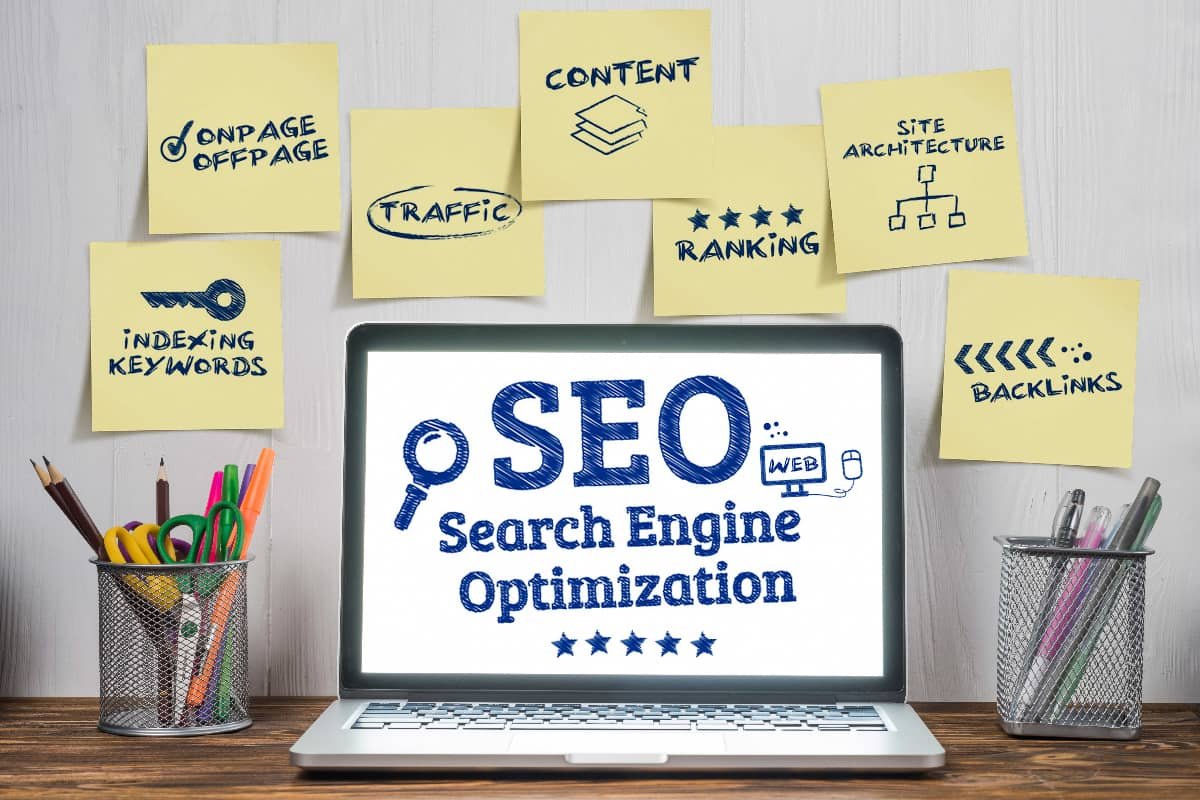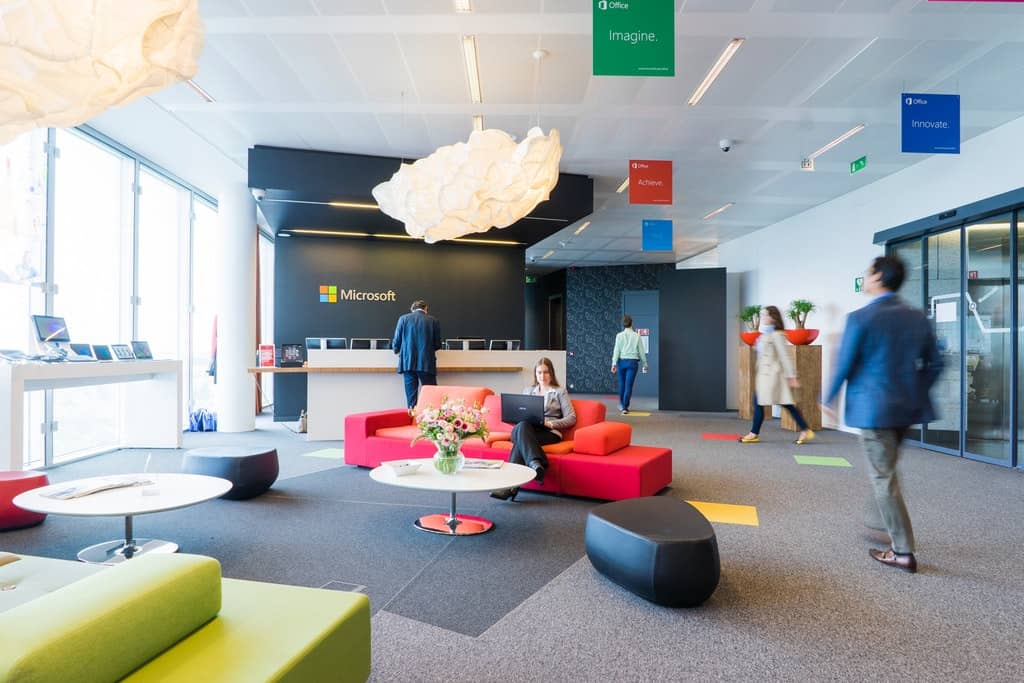Find out what payroll control software can do for your small business. Find out how it can cut down on mistakes, save time, and make sure that labor rules are followed.
A digital instrument called payroll management software automates and streamlines the process of calculating and paying employee salaries.
It carries out a number of functions that support companies in effectively managing payroll-related duties, such as salary payment, benefit deduction, tax withholding, and labor law compliance.
To provide dependable data transfer and reporting, this software routinely interfaces with many corporate systems, including accounting and human resources systems.
Businesses may automate tedious procedures, lower the possibility of errors, and produce comprehensive payroll reports for compliance and audits with payroll management software. The software usually has easy-to-use interfaces that streamline payroll procedures, so HR personnel may concentrate on other strategic tasks.
Payroll processing software can also give workers self-service portals where they can manage benefits, examine pay stubs, and update personal data. All of these features make payroll processing easier for workers. All things considered, payroll management software is an essential resource for businesses looking to guarantee precise, fast, and legal payroll processing.
When it comes to business management, there are a lot of micro and macro activities to keep track of. Macro refers to the company’s long-term vision, such as strategy, sales, revenue, and cash flow. In contrast, micro refers to the day-to-day operations of the company.
Some of these micro activities can be handled effectively using payroll management software. The software can streamline administrative tasks such as generating pay slips, calculating tax deductions, etc.
Importance of Payroll Management Software
It’s important for businesses of all kinds to have payroll administration software because it makes paying employees easy and quick.
By automating complicated payroll tasks, this software lowers the chance of mistakes made by humans, like paying extra or paying taxes incorrectly. By centralizing payroll, businesses can save time and money and give HR staff more time to work on other important jobs.
Payroll management software lowers the risk of costly fines or legal issues by making sure that labor and tax laws are followed. Integrated reporting and analytics give businesses useful information about payroll trends, which helps them make smart choices.
Making sure that payments are processed correctly and on time with this tool makes workers happier and promotes a healthy work environment. Today’s businesses need payroll management software because it gives them the adaptability and scalability they need to meet changing business needs in a time of online work and flexible work arrangements.
Payroll Management Software for small business
Find out why tools for managing payroll are so important for small businesses. Check out how it makes payroll easier, more accurate, and more satisfying for employees. The key benefits of payroll management software for small businesses are as follows:
#1. Employee morale
Ensuring employees are paid in a systematic and timely manner will reinforce their faith in the company. This boosts employee morale and motivates them to perform better.
#2. Statutory Compliance
This is about the legal framework your business should adhere to. Every company that hires employees and pays salaries must comply with labor laws. Payroll automation ensures your business complies with employment and labor laws.
Read: How to Create a Successful Remote Employee Onboarding Process
#3. Employee data
With payroll software, you can store and manage employee information anywhere. The payroll management system makes it easy to retrieve information for any queries related to employee data.
#4. Time savings
As everything is automated, you will save a lot of time on payroll activities. You don’t have to enter the information for every cycle manually. Once the setup is done, the software will handle the rest. Payroll software will save a lot of productive hours while keeping track of every hour.
#5. Plan
A payroll management solution can help plan staff costs and other expenses, which allows you to plan your business operations in a better way.
Read: Employee Appreciation Ideas To Motivate Your Team
What should I look for payroll management software?
The payroll software you select must feature some essential components, irrespective of the size of your business. When choosing payroll software, it has to include the following features:
#1. Setup and onboarding
The payroll software should be easy to set up without any technicalities. Employee onboarding should be smooth and seamless. The system should be intuitive enough to figure out anything with one click.
#2. Payroll Generation
The solution should allow you to process payroll accurately for each payment cycle automatically. This should generate customized payslips and enable direct deposit into employee bank accounts.
Read: Top 8 Cloud Services Benefits for Small Business
#3. Run-on the cloud
The system should be able to run on the cloud, allowing you to access the solution from anywhere, anytime. You can easily administer timely payments while working on other tasks.
#4. Salary components & Structure
The solution should support different salary components such as earnings, allowances, deductions, and reimbursements with varying pay grades. It would help if you were allowed to configure your company’s salary structure.
#5. Compliance
Payroll software enables you to auto-calculate Provident Fund, Professional Tax, ESI, and Income Tax deductions. Most of these tax laws are dynamic and change from time to time. The system you choose should adapt to the changes and allow you to make precise calculations.
Read: How to Use Digital Health Data to Improve Results
#6. Tax filing
Payroll software should allow employers and employees to file tax declarations directly from the payroll portal.
#7. Reporting
The solution should allow you to generate multiple reports, such as reconciliation reports, based on your requirements.
#8. Self-service portal
Most solutions have an employee self-service portal allowing employees to track their salaries, tax deductions, and other information. The self-service portal will enable employees to update their addresses and contact information.
Read: Top 20 Self-Employed Business Ideas
#9. Expense claims
Employees should be able to claim out-of-pocket expenses or any other spending that requires reimbursements.
#10. Integrations
Your payroll service should offer seamless integration with pre-existing solutions to quickly transfer data between the systems. It is essential to check this compatibility before finalizing the payroll product.
#11. Biometric attendance
Choosing a solution that supports upcoming features may cost you more, but it is a good option.
Bottom line
You are the one who understands the business better. You can determine what your current business needs are. Having payroll software takes a lot of stress and administrative burden off, so make sure you take a wise call.


























